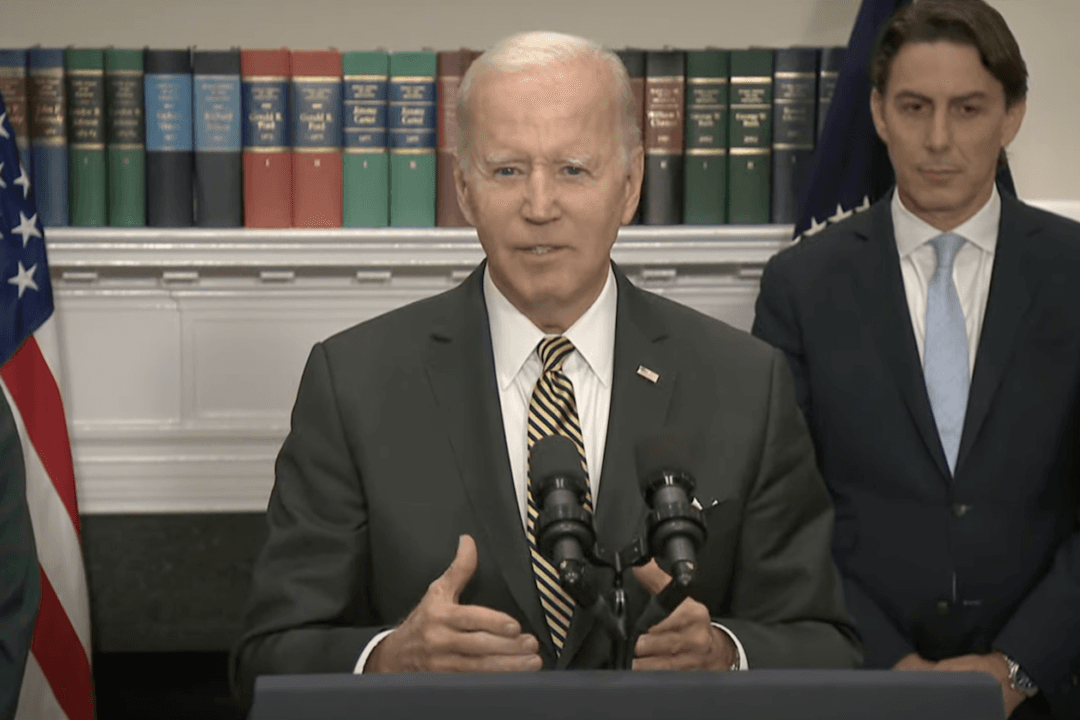There is widespread momentum in Congress to streamline federal environmental regulations and accelerate agency permitting processes.
But that broad consensus is mired in partisan divergences. While the Democrat-led Senate views permitting reform as essential to implementing 2022’s Inflation Reduction Act (IRA), the Republican-held House sees deregulation as a tool for dismantling it.





